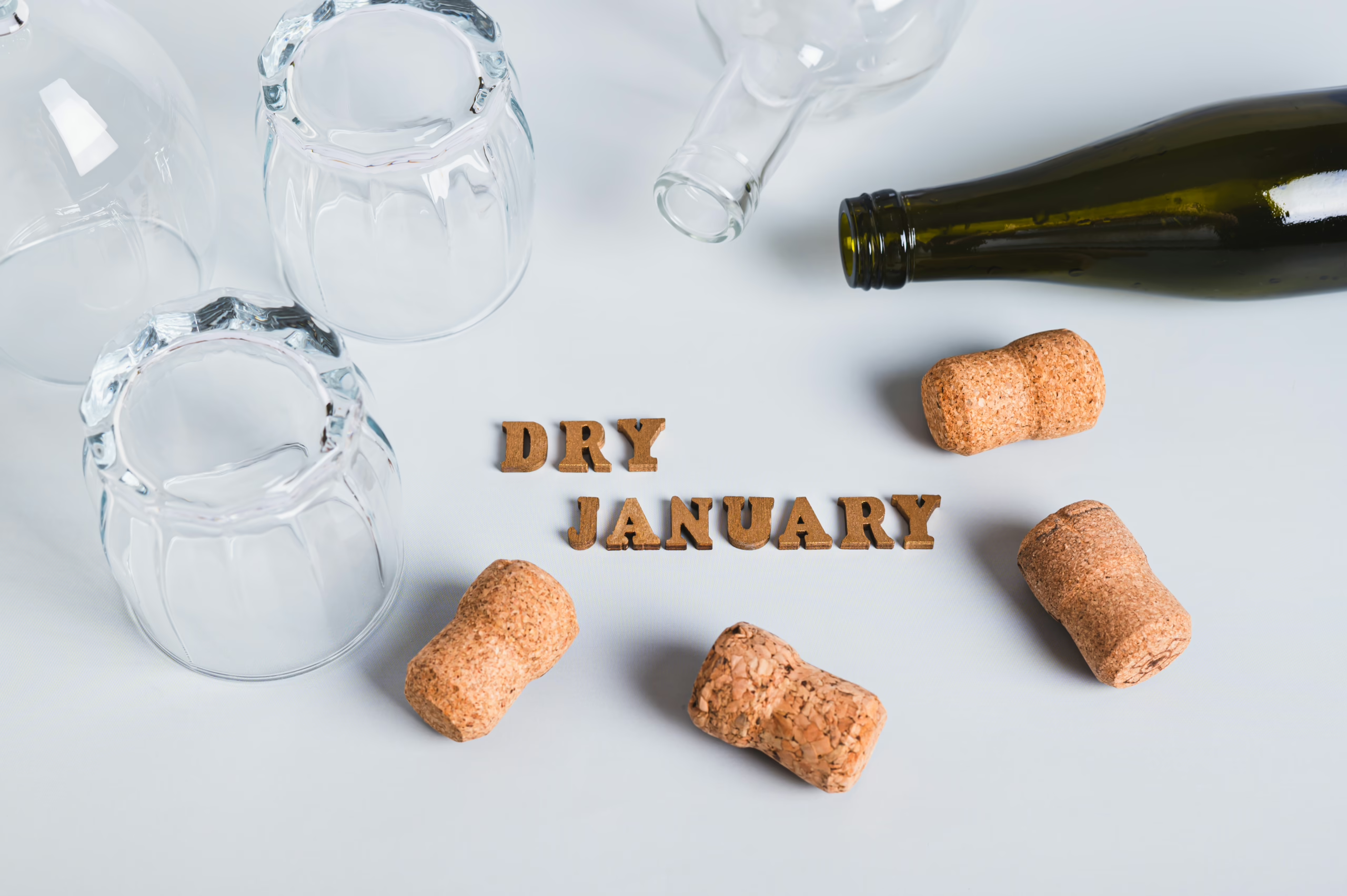People to Avoid During Addiction Recovery

One of the most common pitfalls of addiction recovery is trying to live your old lifestyle all the while attempting to break old habits. In order to heal addiction and create a life of freedom, each person needs to make changes that reflect the desire for sobriety.
Too often those attempting to get sober still cling to a past life, whether it be through continuing to party or hanging around the same crowd of people who use drugs or drink heavily. You may think you’re able to change the singular habit of substance use and fight off triggers from your previous lifestyle, but the truth is that the only way to stay sober is to change your circumstances as well as your pattern of substance use.
Recovery requires an overhaul of your life, and the decisions you’ll have to make won’t be easy. The good news? It will all be worth it.
People to avoid during addiction recovery
One of the hardest transitions to make when you’re stuck in a cycle of addiction is changing social groups and building boundaries with loved ones. Perhaps you grew up in a home where drug use was common, or you are close friends with your supplier. The emotional ties we have to these people can feel impossible to reconcile with new goals to maintain sobriety.
Moreover, each relationship is unique. You won’t have to completely cut ties with all of your family members and acquaintances, and you may be able to set healthy limits that are mutually respectful. The nuances of relationships make it difficult to determine a one-size-fits-all approach to avoiding certain people during recovery, but here are a few tips.
Bad influence meaning
One of the first steps in creating a sustainable social circle for your recovery is by identifying who has a negative impact on your substance use. The meaning of a bad influence is anyone who encourages you to use or sways you towards substance use in any way.
A bad influence friend may bring drugs over to your house, tell you to drink to relax when you’re having an off day or minimize the damage of substance use on your life, such as writing off a DUI as “unfair.” These people may passively or actively influence an addiction, or contribute to stress that triggers the urge to return to bad habits.
Be proactive and decide on a plan to distance yourself from any bad influences friends or family members. You may find it helpful to express your goals of recovery and explain why you need some separation. Don’t feel pressured to give a time window until you can rekindle your relationship. You may even want to express your desire for your loved one to seek sobriety, too.
Enablers, unsupportive family
One of the most common categories of people you want to avoid in addiction recovery is family that is unsupportive of your recovery or has enabled your addiction in the past. Enabling is any behavior that lessens the blow of the natural consequences of addiction.
A family that has sheltered you from the harm of addiction likely has good intentions of caring, protecting and providing for you, but has continued behaving in a way that shelters you from the hard reality of drug abuse. While enablers aren’t always unsupportive families, they may misunderstand the nature of addiction and the help they seek to provide may actually do the opposite.
In addition to enablers and unsupportive families, you’ll want to watch out for codependent relationships, which occur surprisingly frequently in relationships in which substance use is involved.
Dealing with unsupportive friends
Identifying unsupportive friends in addiction recovery is similar to the process of identifying the familial relationship that is detrimental. It’s a grueling process and difficult to sort out the truth when strong bonds are present. However, when your freedom and health are at stake, it’s worth taking an honest assessment.
Friends who are unsupportive of your recovery may wind up projecting their own struggles onto you and act hostile towards your treatment. These friends may be so absorbed in their own struggles and desperate for help themselves. Sometimes, you may find that your friends were more friends of circumstance and just hung around so they had someone to use drugs or drink with.
Gauging the extent and the value of your friendship is a critical task. You may find after time that many people in your life were only meant to be part of your story for a short time, and you can take the lessons they’ve taught you and move forward. Chances are, if your friends aren’t supportive of your sobriety, they are the type of people you want to be surrounded with long-term.
Finding true support
Breaking bonds with bad influences, enablers, and unsupportive family and friends who use is one of the most emotional parts of the recovery journey. While these relationships may feel entrenched and difficult to live without, your recovery is your priority.
While you make this difficult life transition, it’s important to remember that you’re not alone. You can find support through professional treatment that will provide encouragement, affirmation and guidance. Reach out to Silvermist Recovery to make an appointment.






